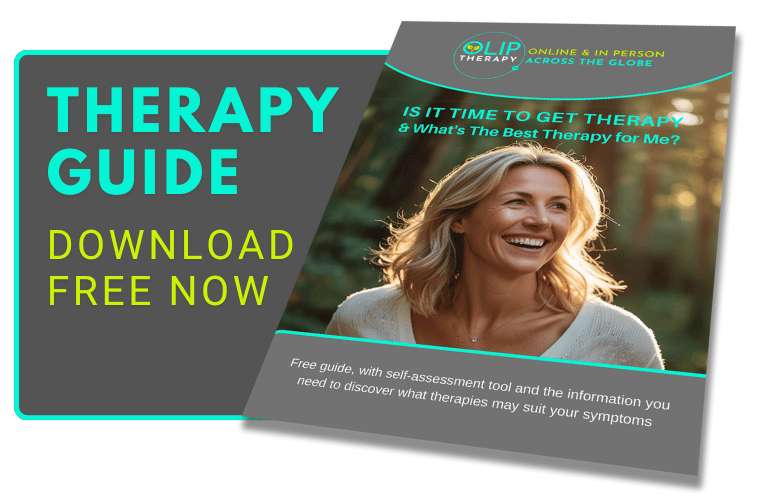
Help For Health Anxiety in Hampshire Using Hypnotherapy, Counselling and EMDR - Online or In Person
Fast and effective help for Health Anxiety using Hypnotherapy, Counselling and EMDR
Approximately 1-2% of individuals struggle with health anxiety, and this number is on the rise*. This increase may correlate with heightened internet usage. The internet can be a daunting space for those experiencing health anxiety, as benign symptoms are often misinterpreted in inaccurate articles and unofficial forums, leading to unnecessary fears of serious illnesses.
While it is natural to be concerned about unusual signs and symptoms - after all, pain can indicate that something is amiss - persistent health worries can significantly impact your daily life. If you find that your health anxiety is interfering with your well-being or daily activities, it may be time to seek professional help.
Effective help for health anxiety in Hampshire
Hypnosis and Counselling for your health anxiety issues
Hypnotherapy aims to change your perspective. Your therapist will work collaboratively with you to remove the feeling of fear you are experiencing, whether it relates to pain, illness or even death and replace this with a different, more positive suggestion. Generally, hypnotherapy is also really helpful to teach you effective relaxation techniques, which enable you to soothe yourself and calm your mind when your anxiety starts to take over. Your therapist will guide you through self-help techniques, including calming breathing exercises, relaxation and grounding methods, and self-hypnosis, to help you manage your anxiety more effectively.
Hypnoanalysis, also known as analytical hypnotherapy, is helpful for discovering the root cause of the anxiety and resolving it. This is particularly helpful for more complex forms of anxiety developed from a root cause that may be currently unknown.
*Professor Peter Tyrer quoted for the Guardian.
What is Health Anxiety?
Health anxiety, often referred to as hypochondria, can lead to overwhelming feelings of anxiety concerning one’s health. Individuals with this condition frequently engage in self-diagnosis, often neglecting accurate and professional medical advice. Even when consulting a healthcare professional, those with health anxiety may struggle to trust the diagnosis unless it aligns with their worst fears.
This anxiety can significantly impact daily life and is often exacerbated by physical symptoms associated with anxiety, such as chest pain, shortness of breath, headaches, rapid heart rate and cold sweats. These symptoms can arise due to stress and may be misinterpreted as signs of a serious illness, further compounding the anxiety experienced.
What is Cyberchondria?
Cyberchondria, sometimes referred to as "compucondria," specifically relates to hypochondria that is intensified by internet searches. This phenomenon describes the heightened anxiety that can result from validating health concerns through online symptom checking and self-diagnosis, which often leads to inaccurate conclusions.
As individuals search for information about their symptoms, they may inadvertently escalate their anxiety, reinforcing fears of serious illnesses. Understanding the relationship between cyberchondria and health anxiety is crucial for managing these feelings effectively.
Symptoms of health anxiety
Checking your body regularly for signs of illness including unusual lumps, pains or other sensations
Worrying on a daily basis about your health even though you are not unwell
Feeling perpetually frightened of dying
Scanning your body or checking particular areas that worry you throughout the day
The inability to not act on the compulsion to check the affected area
You may check your symptoms online and keep reading until you’ve found the worst possible scenario
If any common virus, infection or epidemic is reported on the news, you become obsessed with checking the latest updates
You need constant reassurance from the doctor, nurse, your family or friends. At its worst, even the medical professional’s reassurance isn’t enough to stop you from feeling anxious
You avoid medical tv programmes
You avoid certain activities as if you are ill, e.g. physical activity
What causes health anxiety?
Although triggers of health anxiety are different for everyone, here are three of the most common causes below:
Experiencing a serious illness during childhood
A family member who worries excessively about their own health
A family member who worries excessively about your health and safety
Treatment for health anxiety
Hypnotherapist Sue Jeffery explains this in her article, ‘Exhausted by anxiety?’; “Our fear is exaggerated. Our thinking distorted. We see everything through the filter of possible danger. Fear becomes the lens through which we see the world.” There are several approaches to help with health anxiety, including cognitive behavioural therapy (CBT), hypnotherapy and neuro-linguistic programming (NLP). These are effective techniques because they change the way we interpret and react to fear. Because of the nature of the trigger being so unavoidable in day-to-day life, health anxiety may never go away completely. We are unlikely to live a life free of any health issues affecting us or our loved ones, but we can work together to create a toolkit of coping skills to manage the anxiety when we encounter a health issue.
For support in managing your Health Anxiety, contact us today and start living the life you want and deserve.









